by Dr. Olivier Gerbault
The use of piezoelectric instruments (PEI) in rhinoplasty has dramatically changed the procedure in the last few years. These instruments affect only bones and stiff cartilages, and do not harm the soft tissues: skin, mucosa, soft cartilages, vessels, and nerves. PEI never create radiated fractures on bones, a phenomenon that is quite frequent with mechanical osteotomes. Surgeons can safely extend the bony vault dissection through an extended subperiosteal bony vault undermining, allowing visualization of the whole bony vault to assess the anatomic variations and to mobilize and orient each bone precisely (with piezo saws). Surgeons can also sculpt the bones precisely (rhinosculpture) with special rasps or with a scraper. With this approach, bone osteosynthesis with sutures can be easily performed to stabilize bones in primary or secondary rhinoplasty.
PEI can also incrementally remove the bones without damaging the underlying soft tissues, preserving the osseocartilaginous attachments at the keystone area and avoiding step deformities at the junction between bones and cartilages. PEI also never damage the ULC, allowing an anatomic reconstruction of the dorsum after nonconservative hump removal. The piezo rasps smooth all the bony irregularities after osteotomy, leaving an unoperated feel to the new dorsum.
Piezosurgery in rhinoplasty is a disruptive technology that makes a paradigm shift in managing the bones, from a blind treatment where bones are broken to an open approach in which bones are reshaped and mobilized with perfect control. PEI dramatically simplify hump removal and osteotomies, but also achieve a perfectly smooth dorsum and keystone area.
Olivier Gerbault has been developing techniques and piezo instruments for ultrasonic rhinoplasty since 2013. He demonstrates in this video all of the rhinoplasty techniques achieved by piezosurgery: precise osteotomies and positioning of the bones, bone sculpting (rhinosculpture), bony vault and keystone area smoothing, bone stabilization, conservative septoplasty with long intact pieces of bony septum harvesting, and finally, easy and safe rib graft harvesting.
Surgeries include:
- Primary male patient: overprojected nose (tension nose), wide bony vault and wide asymmetric tip, septal deviation. Ultrasonic rhinoplasty with complete osteotomies and ultrasonic septoplasty.
- Primary male patient; wide, asymmetric nose on an asymmetric face; severe septal deviation; bony hump. Ultrasonic rhinoplasty with asymmetric osteotomies and bone reshaping, and ultrasonic septoplasty.
- Primary female patient: Nasal hump, overprojected drooping nasal tip. Ultrasonic rhinoplasty with piezo hump reduction, partial osteotomies, and tip reshaping.
- Primary female patient: hump reduction on a slightly too wide bony vault; overprojected tip. Ultrasonic rhinosculpture with tip plasty.
- Secondary female patient: asymmetric nose with no tip support, valve dysfunction. Piezo rib graft harvest for septal reconstruction, tip reconstruction, and valve reconstruction.
- Primary male patient: twisted nose with dorsal hump, septal deviation. Ultrasonic rhinoplasty with complete osteotomies and ultrasonic septoplasty.

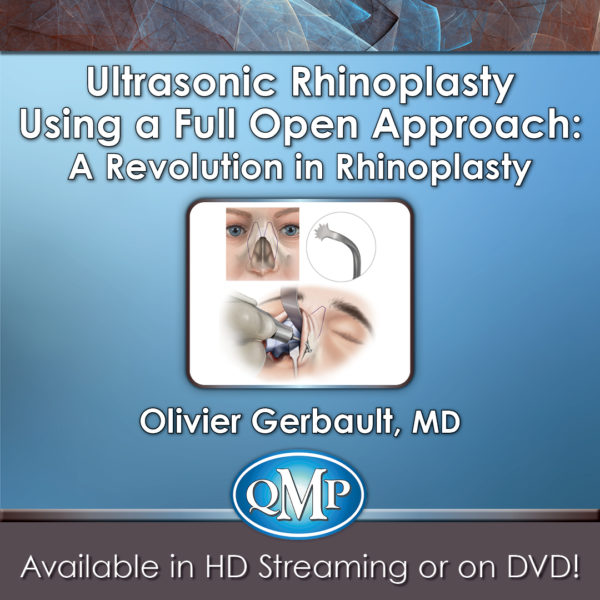
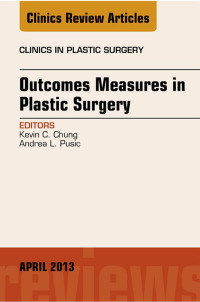
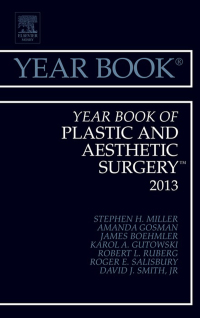
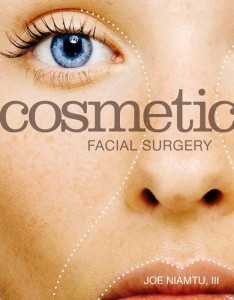
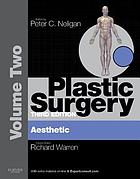
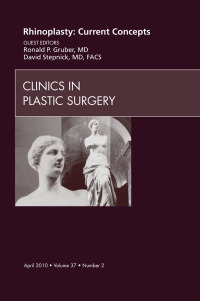
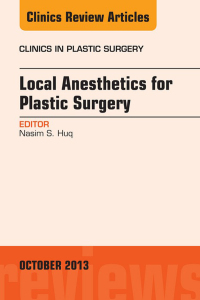
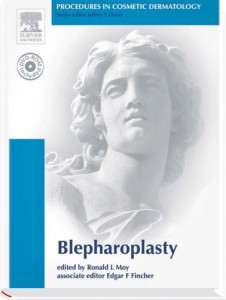
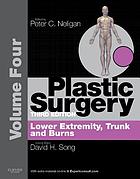
Reviews
There are no reviews yet.